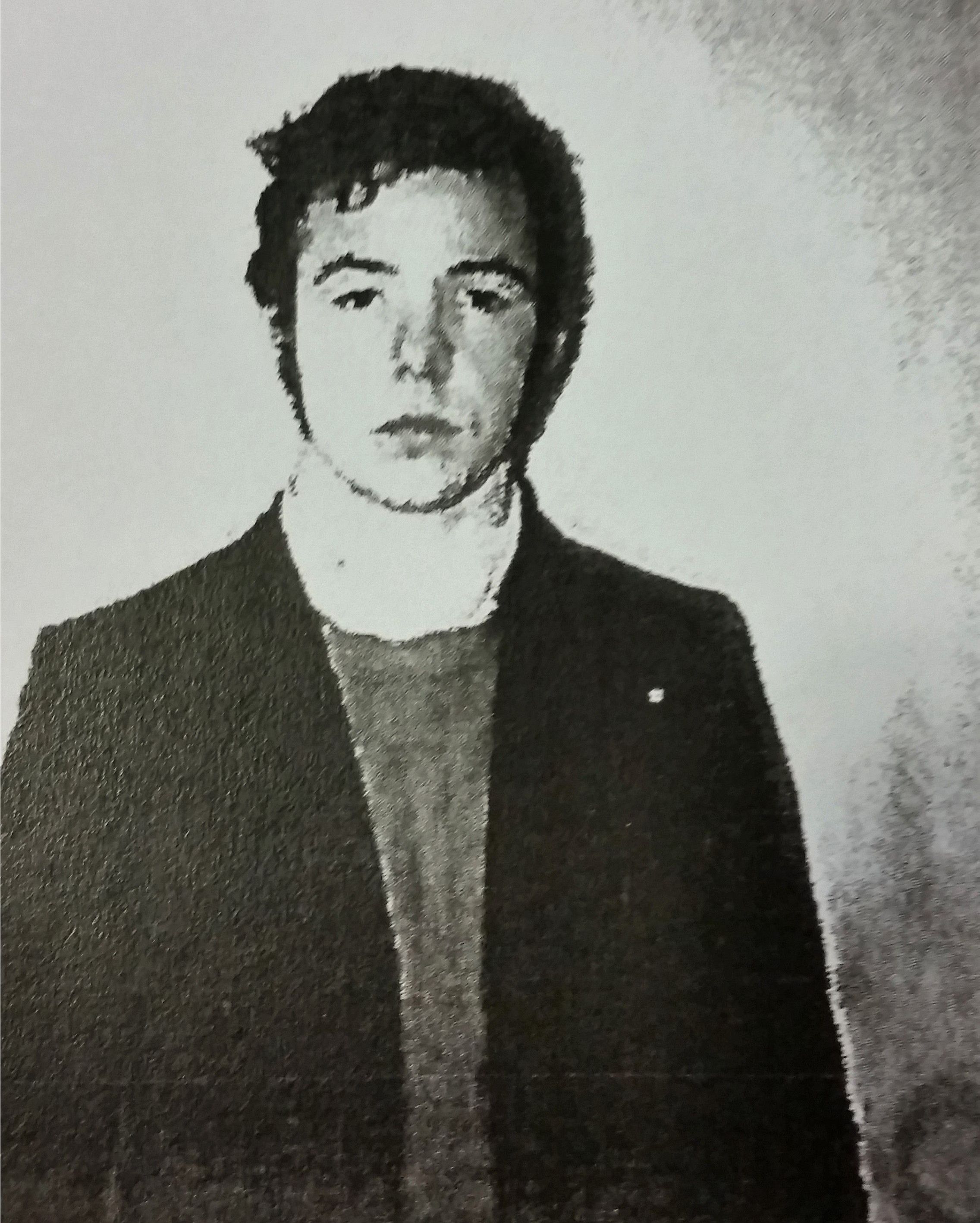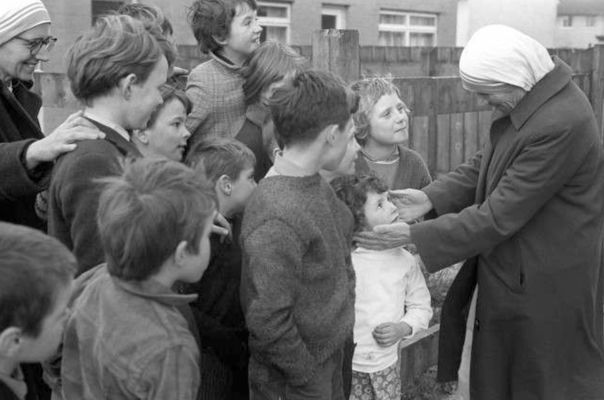A CIVIL case for compensation in respect of allegations of waterboarding by members of the Parachute Regiment in Belfast in 1972 is due to commence at Belfast High Court today, Tuesday, with the case expected to last up to nine days.
Less than four weeks after the UK Supreme Court found in the Hooded Men case that “it is likely that the deplorable treatment to which the Hooded Men were subjected at the hands of the security forces would be characterized today, applying the standards of 2021, as torture”, a court in Belfast will hear evidence of further alleged torture incidents against the British army in the civil case of Liam Holden.
Liam Holden, who was 18 at the time, had been arrested under the Special Powers Act and alleges that while in custody, he was coerced into confessing to the killing of Private Frank Bell.
JUSTICE BID: Liam Holden
Mr Holden, now 67, received compensation from the Department of Justice under the miscarriage of justice scheme in 2017. That compensation award however did not include a pay-out for the alleged waterboarding and public misfeasance allegations against the army and police.
Separate proceedings had been issued by Mr Holden against both the MoD and the PSNI in respect of those aspects of the case in 2014.
Liam Holden will allege before the court that he was arrested on 16 October 1972 and waterboarded up to three or four times by members of the Parachute Regiment on at Black Mountain Barracks, Belfast.
He was 18 at the time of his arrest. He alleges that he was physically assaulted by members of the Parachute Regiment while in sole military custody, subjected to waterboarding, hooded, and then driven to the Glencairn area of Belfast where he claims the army threatened to shoot him at gunpoint if he did not confess to the murder of the soldier some four weeks earlier.
Private Frank Bell also aged 18, of the 2nd Battalion of the Parachute Regiment was wounded by a single sniper shot on 17 September 1972 in Ballymurphy. He died three days later in the Royal Victoria Hospital. He was the first member of the Parachute Regiment killed in the North of Ireland.
The murder of Private Frank Bell was investigated internally by the army’s Royal Military Police in 1972, a practice which has recently been criticized by the courts in the North.
Liam Holden will allege that the misconduct by the army coerced a confession. He was tried before a jury at Belfast City Commission from 15 to 19 April 1973.
There was no other evidence against him. He challenged the confession at trial where he gave evidence twice.
He was convicted by the jury on the 19 April 1973 and was sentenced to hang. The death penalty was later commuted to a life sentence on the 15 May 1973.
Mr Holden spent 17 years in custody and was subject to life licence restrictions for 23 years until the capital murder conviction was quashed by the Northern Ireland Court of Appeal on the 21 June 2012.








